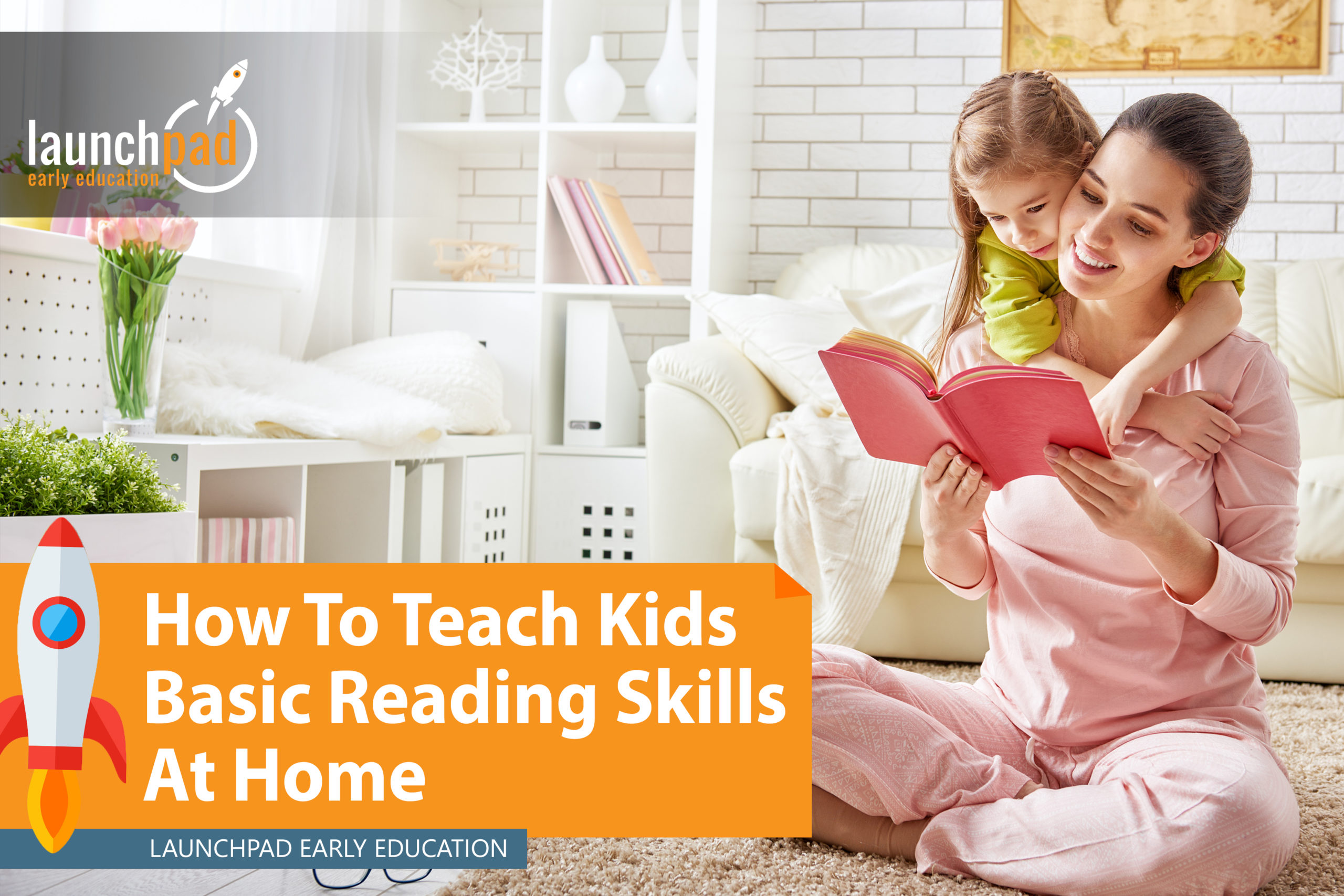We all know that “reading is fundamental”, as the old saying goes. But reading skills aren’t innate. They’re learned . The sooner you help your kids learn basic reading skills, the more you will enrich their lifelong love of learning.
It’s not just a love of learning you’re nurturing. It’s also their future success. A recent survey from the Programme for the International Assessment of Adult Competencies indicated that some 3.3 percent of adults read below Level 1 on the Reading Literacy Proficiency Scale, while a staggering 12.2 percent can only read at Level 1. If you hope to see your child to earn a place in the global social spectrum, basic reading skills are necessary for success.
Fortunately, teaching kids reading skills can be simple as well as rewarding… and also fun! Here are some of the best tips for how to get started at home:
Phonetics And Nursery Rhymes
One thing many parents sometimes forget is that spoken language has their own inherent rhythm. Children have a natural ear for simple melodies. Some studies even suggest that nursery rhymes can actually predict a child’s future cognitive skills. By combining the two, you’re stressing both the sound of a word and its association, forging a natural link between language and sound.
Sight Words And Literacy
Reading skills are as much about visual recognition as they are about cognition. Teaching your children about the value of letter shapes and sight words — whether it’s done through flash cards, word puzzles or letter blocks — helps to provide both visual stimuli and helps build the foundation for logic and deductive reasoning.
Make Reading Meaningful
It’s important that a child doesn’t view basic reading skills as a chore, but as something that helps impart meaning and structure to the world around them. If they see that you’re frustrated or unmotivated when it comes to teaching them how to read, the more they will associate their own frustration with reading. When you read with your child, try not to just read along monotonously with them. Make the text exciting and meaningful. Be animated. Let them know that reading time isn’t just routine behavior, but that it can be an exciting adventure they can look forward to time and time again.
Questioning And Reading Comprehension
Children have an innate curiosity about the world around them, but they can sometimes be hesitant to express it. In order to ensure that they understand a story or fairytale, ask your child to point out certain words. Ask your child which parts of the story he or she liked best. You can also ask children what they learned from the story. This sort of questioning doesn’t just help your child learn. It can help you learn more about how your child thinks and feels too.
Word Families And Reading
One simple way to teach children basic reading skills is to form clusters or groups of word families. In its simplest form, this technique can include small words that rhyme, such as cat, hat and mat. As time goes on and children become more proficient, you can group words by other categories such as objects or living things, color, and relationships. You might find that your child’s understanding of logic can be surprisingly strong as you utilize this process.
Words And Familiarity
One common mistake we sometimes see parents make when teaching their children how to read is trying to incorporate unfamiliar concepts or objects into the process. This may eventually broaden children’s horizons, but when they’re first learning reading skills it can confuse them. Instead of asking them to spell ‘Grandma,’ ask them to first spell their own name. Or have them try spelling words like dog, cat, mom or dad. Children have primary relationships with what’s in their immediate environment. Wait until your child is more grounded in basic literacy skills before introducing more complex objects and concepts.
Try to Have A Print-Rich Environment
Children are influenced by the world around them in ways that we as adults and parents rarely take into consideration. One way to encourage children’s love of reading is by ensuring you have a print-rich environment, with a library full of both their and your favorite books. Something as simple as the sight of you reading a newspaper can go a long way towards imparting the value of literacy to your child. To make it even more fun, make a chart with regular household words from various places around the house and ask your child to sound out words for indicate familiar household objects. Remember, learning reading skills is as much about repetition as it is cognition!
Remember To Have a Little Patience
Never forget that each child learns at his or her own pace. Some children may need more time and encouragement than others when developing reading skills. Don’t feel discouraged if your child develops more slowly than you were expecting. Over time, they’ll gain more fluency and proficiency in their reading skills. As they continue to practice and hone their skills, you won’t just have a smarter, more literate child. You’ll have a successful and confident one, as well.
At Launchpad Early Education, we know that learning isn’t just confined to the classroom. It’s a lifelong process for parents and children alike. And it begins at home. Find out more at Launchpad Early Education.



All comments (1)